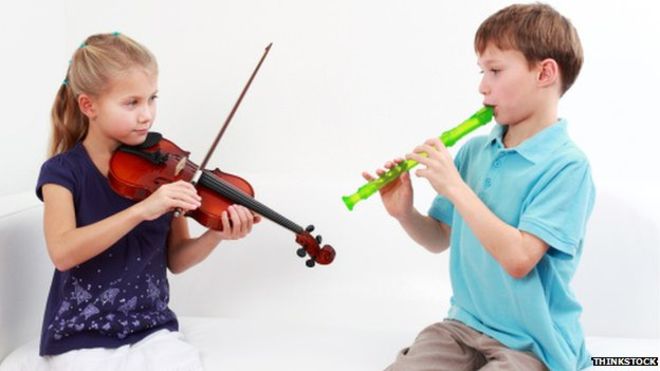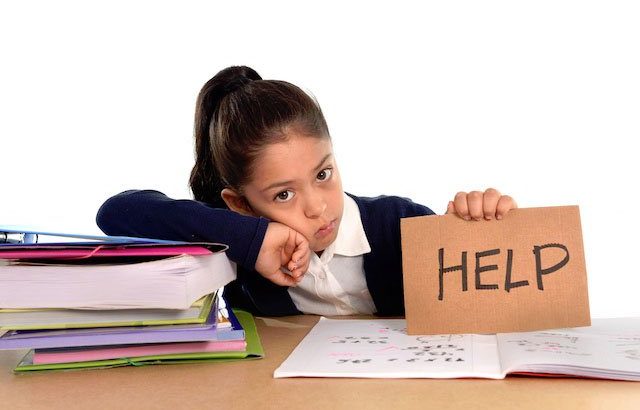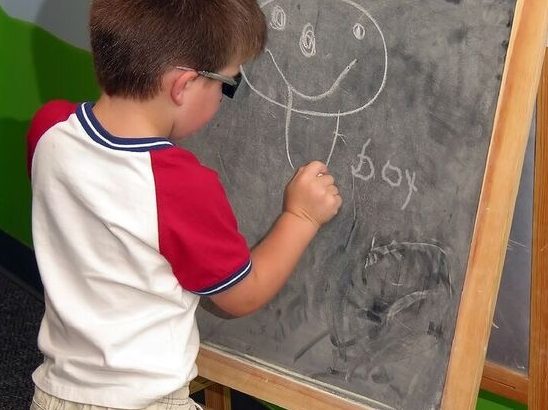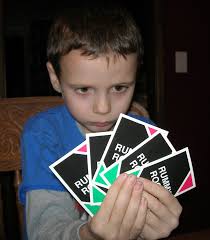
Online School is Hard on Kids with Dyslexia Obviously, online school work presents special challenges for all students and teachers. But there’s an extra challenge for students with dyslexia and the teachers who are doing their best to provide a great education under difficult circumstances. Students with dyslexia often depend on classroom discussion to correct […]







